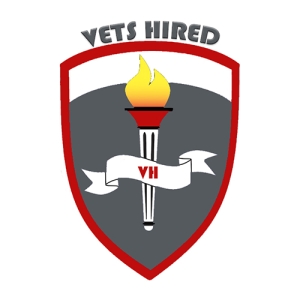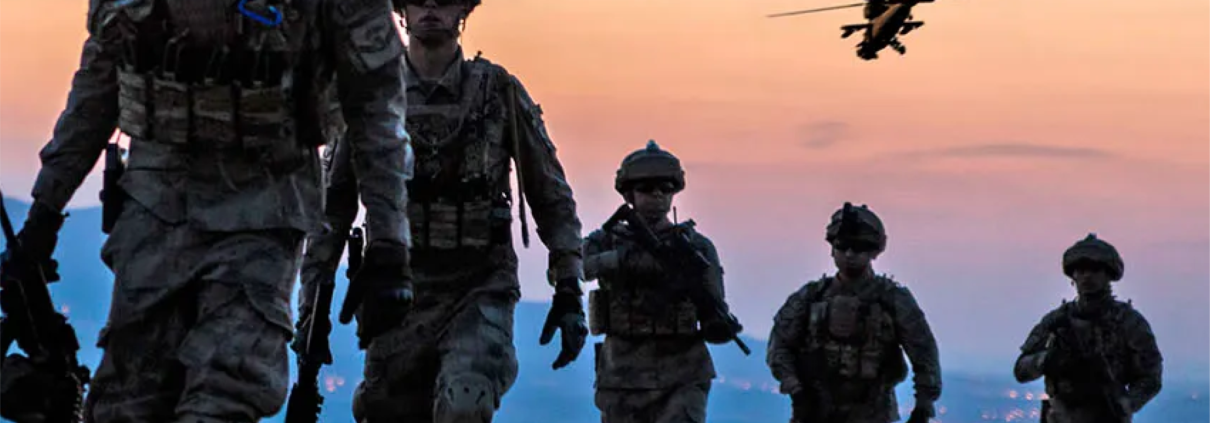Opportunities for Veterans in Law Enforcement
For veterans transitioning from military service to civilian life, finding meaningful and fulfilling career opportunities is a top priority. One field that offers a natural transition for veterans is law enforcement. With their dedication, discipline, and leadership skills honed in the military, veterans are well-equipped to excel in various roles within law enforcement agencies. In this article, we delve into the opportunities available for veterans in law enforcement and highlight the unique strengths they bring to the profession.
A Seamless Transition:
Transitioning from military service to a career in law enforcement offers veterans a seamless transition, as many of the skills and values instilled in them during their time in the military directly translate to the field of law enforcement. Traits such as integrity, teamwork, adaptability, and a strong sense of duty are highly valued in both settings. Additionally, veterans are accustomed to operating in high-stress environments and have received extensive training in areas such as firearms, tactics, and crisis management, making them well-prepared for the rigors of law enforcement work.
Diverse Career Pathways:
Law enforcement offers a diverse range of career pathways for veterans to explore, from patrol officers and detectives to specialized units such as SWAT teams, K-9 units, and bomb squads. Veterans with specialized skills or experience in fields such as intelligence, cybersecurity, or logistics may also find opportunities in specialized units within law enforcement agencies. Furthermore, veterans interested in leadership roles may pursue career advancement opportunities within law enforcement agencies, such as becoming sergeants, lieutenants, or even police chiefs.
Supportive Environment:
Law enforcement agencies recognize the value that veterans bring to their ranks and often actively recruit and support veterans in their transition to civilian law enforcement careers. Many agencies offer incentives and benefits specifically for veterans, such as preference in hiring, tuition assistance programs, and opportunities for advanced training and education. Additionally, veterans may find a strong sense of camaraderie and purpose in law enforcement agencies, similar to the bonds forged during their military service.
Making a Difference:
One of the most rewarding aspects of a career in law enforcement for veterans is the opportunity to continue serving their communities and making a positive impact on society. Whether it’s protecting citizens, combating crime, or providing assistance during emergencies, veterans in law enforcement have the chance to apply their skills and experiences to serve the greater good. For many veterans, the sense of purpose and fulfillment they derive from their law enforcement careers mirrors the sense of duty and service they felt while serving in the military.
Conclusion:
For veterans seeking a rewarding and meaningful career after military service, law enforcement offers a wealth of opportunities to continue serving their communities and making a difference. With their unique skills, experiences, and values, veterans are well-suited to excel in various roles within law enforcement agencies. As the demand for law enforcement professionals continues to grow, veterans have the opportunity to apply their talents and expertise to protect and serve their fellow citizens while forging a new path in civilian life.



